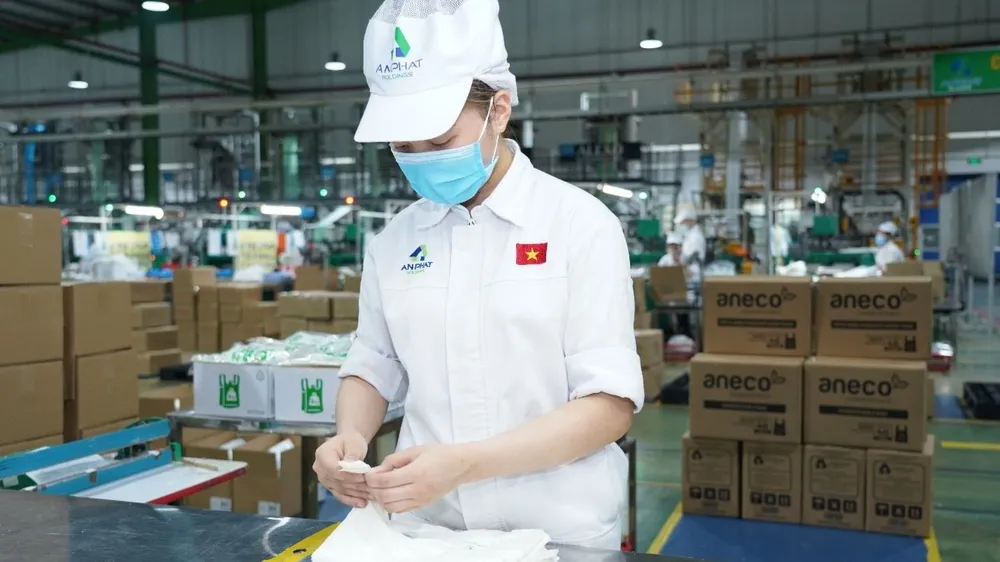
The draft Decree on Extended Producer Responsibility (EPR) has just been sent by the Ministry of Agriculture and Environment to the Ministry of Justice for review. The submission on this issue stated that the draft has consolidated all regulations related to EPR into an independent, unified and transparent legal document, aiming to overcome the situation of scattered regulations, difficult to look up, and difficult to implement consistently.
This draft decree provides detailed regulations on the disposal of vehicles to implement recycling responsibilities. Specifically, the subjects responsible for EPR are vehicles with a term of use as prescribed by law. When this term expires, this group will be required to stop circulating and incur the obligation to collect and recycle.
The draft also adds specific cases to clarify who is responsible for recycling or making financial contributions. This includes cases where products and packaging under the same brand are produced by multiple manufacturers, subcontractors, importers, or parent/subsidiary relationships. The roadmap and mandatory recycling rate are also clarified, according to which the mandatory recycling rate will be adjusted upward every 3 years, with the first change in 2029, each adjustment not exceeding 10%.
For products such as vehicles and electrical and electronic equipment, if the component/equipment has been recycled by the manufacturer/importer of that component, this volume will be deducted when calculating the mandatory recycling rate for the final product. This is to ensure that a product subject to EPR is only responsible once, avoiding duplication of obligations for the enterprise.
Notably, due to the long life cycle and very low current disposal volume, the draft decree has adjusted the mandatory recycling rate for lithium batteries used for vehicles at the current stage to 0%; helping to reduce the initial burden on electric vehicle manufacturers/importers.
The draft adds regulations allowing collection (possibly with preliminary processing) for export to recycling and refurbishment units abroad.
Regarding the form of implementing recycling responsibilities, the draft removes the requirement that the recycling organization must have legal status and be authorized by at least 3 manufacturers and importers. At the same time, this unit cannot re-authorize another recycling organization.
The national EPR information system is connected to tax, customs and business registration databases to ensure information accuracy.
Source: https://www.sggp.org.vn/du-kien-nhieu-quy-dinh-moi-ve-trach-nhiem-nha-san-xuat-lien-quan-thai-bo-tai-che-san-pham-post808988.html



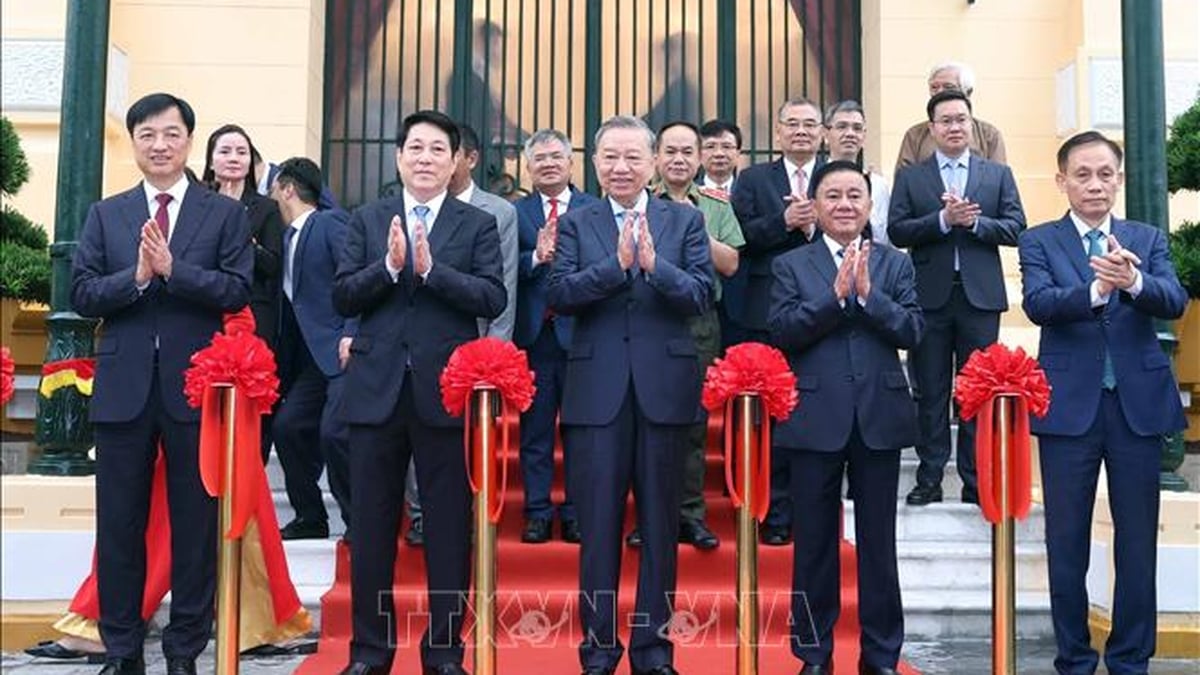






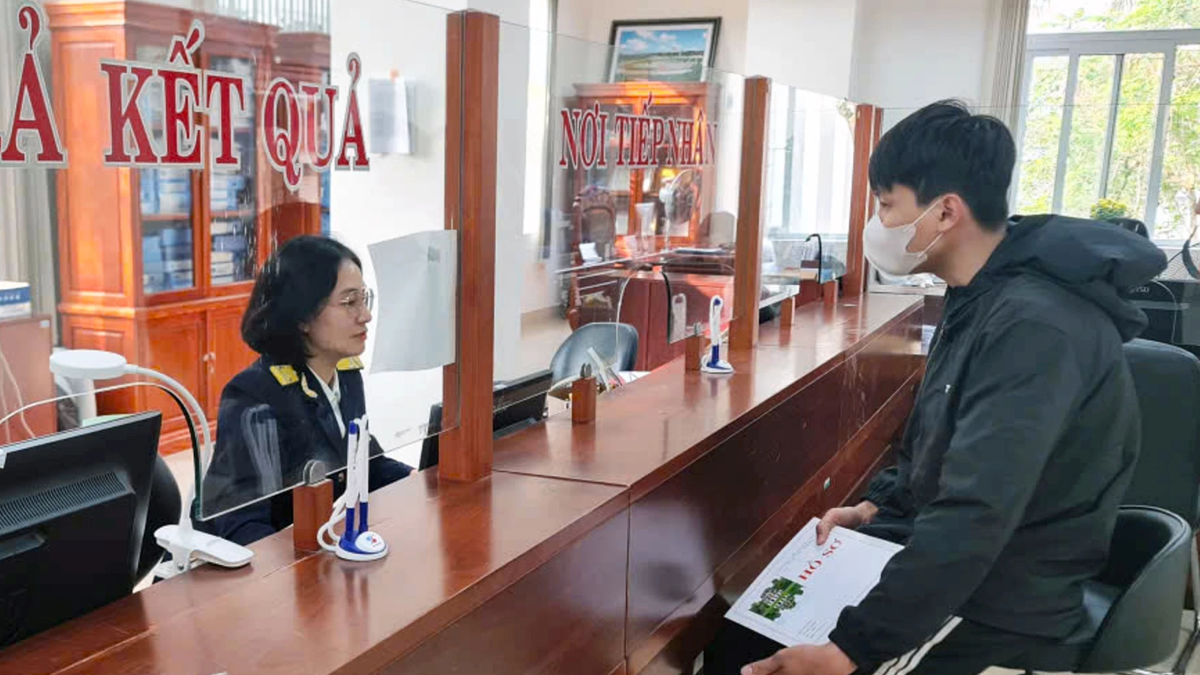












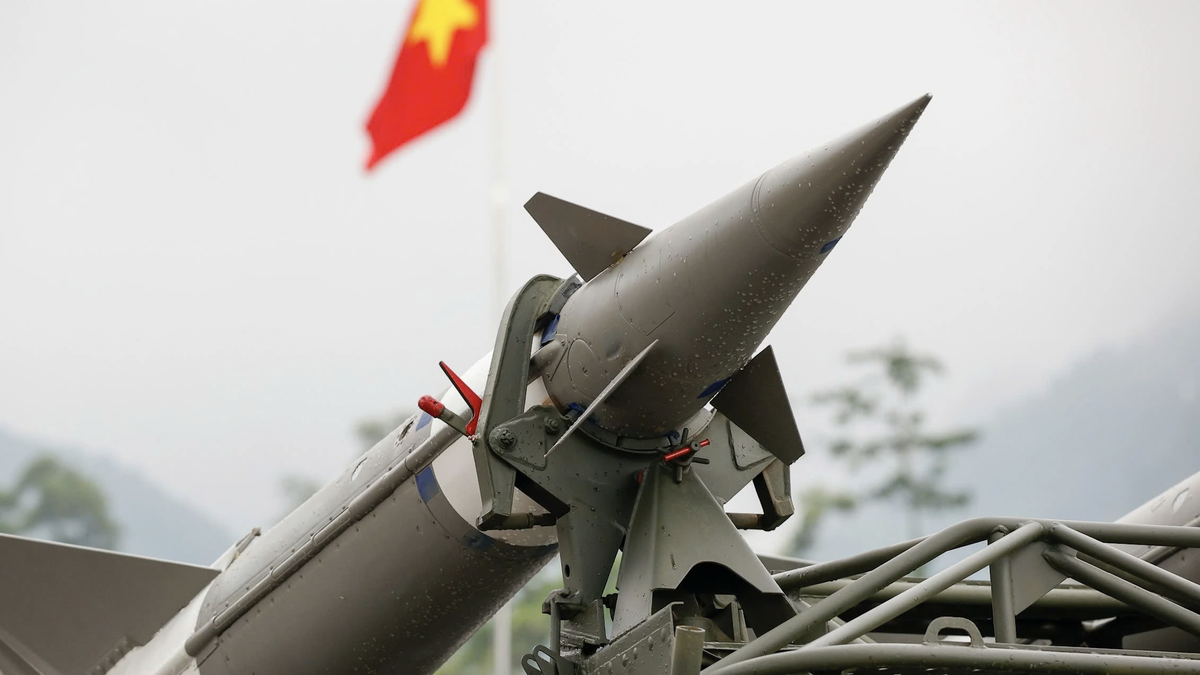
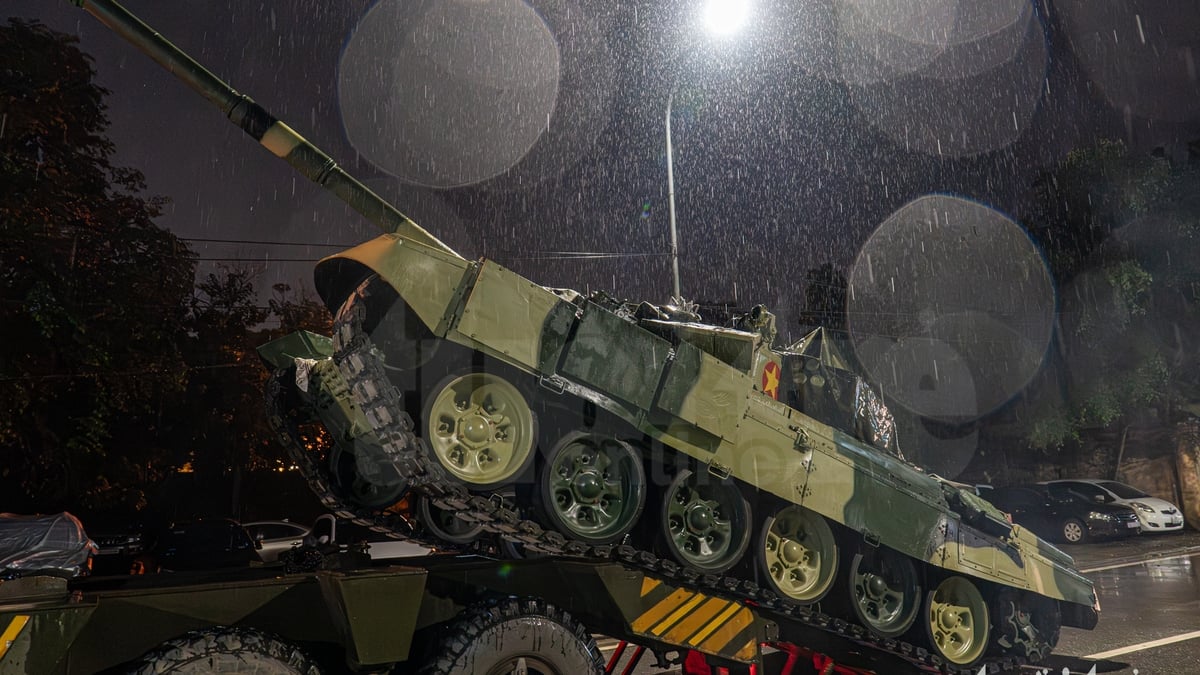


![[Photo] Prime Minister Pham Minh Chinh attends the opening ceremony of the National Data Center](https://vphoto.vietnam.vn/thumb/1200x675/vietnam/resource/IMAGE/2025/8/18/b5724a9c982b429790fdbd2438a0db44)

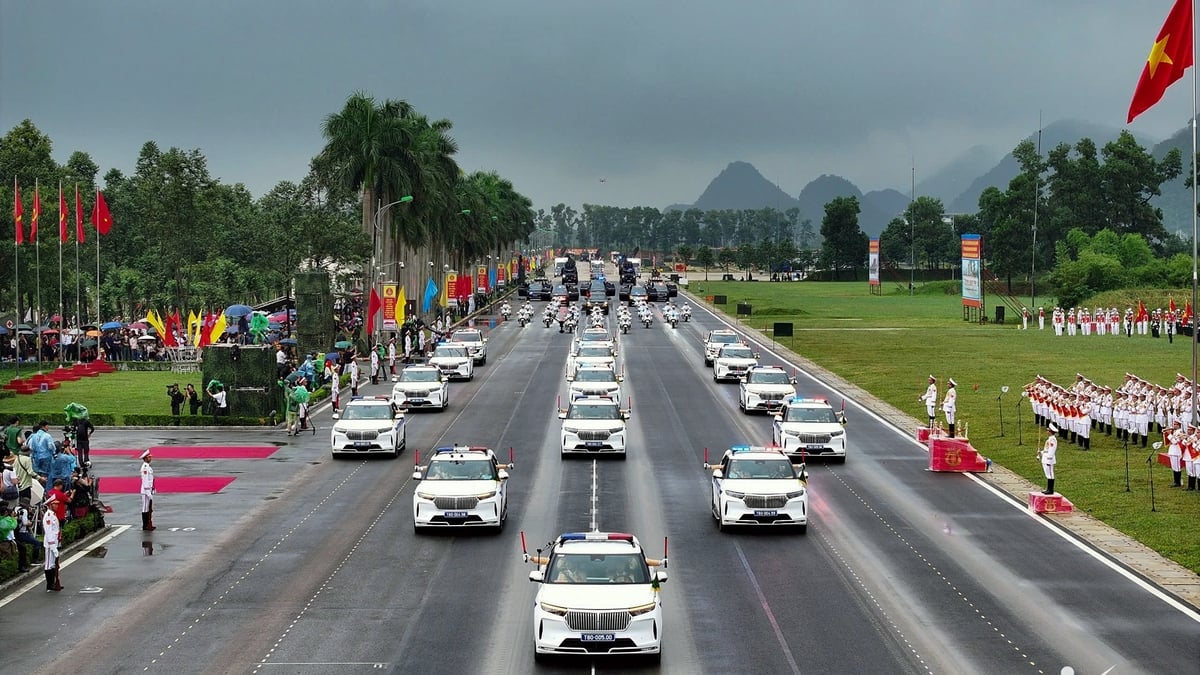











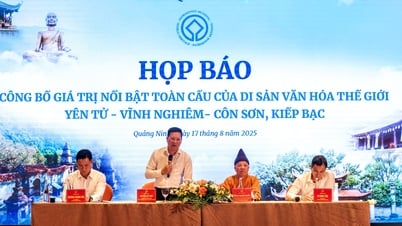











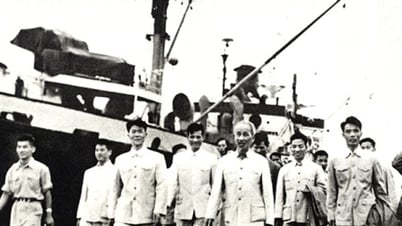



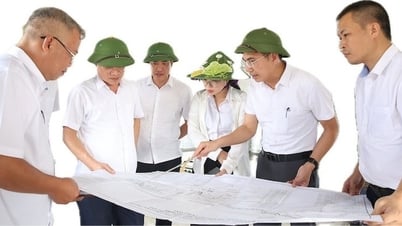

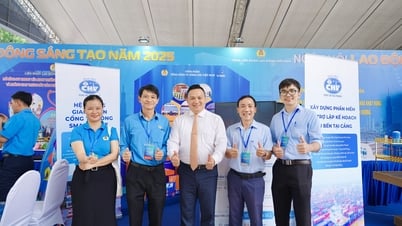
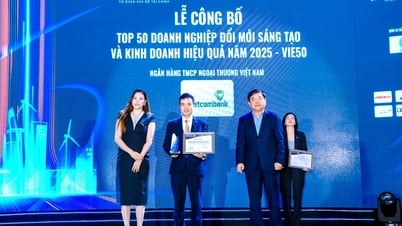




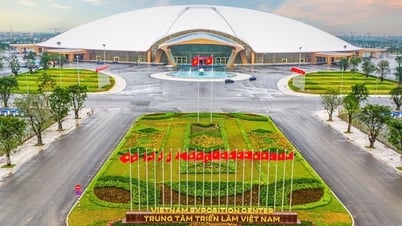






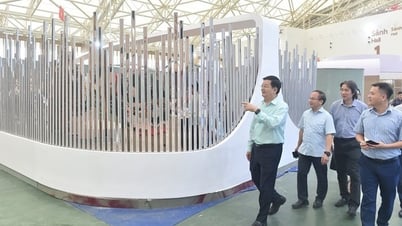


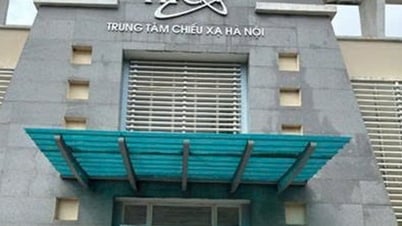













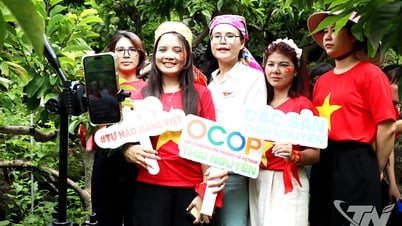








Comment (0)